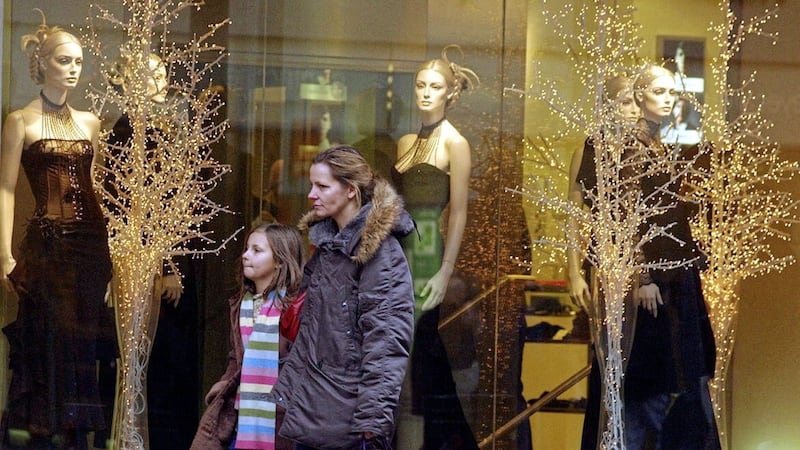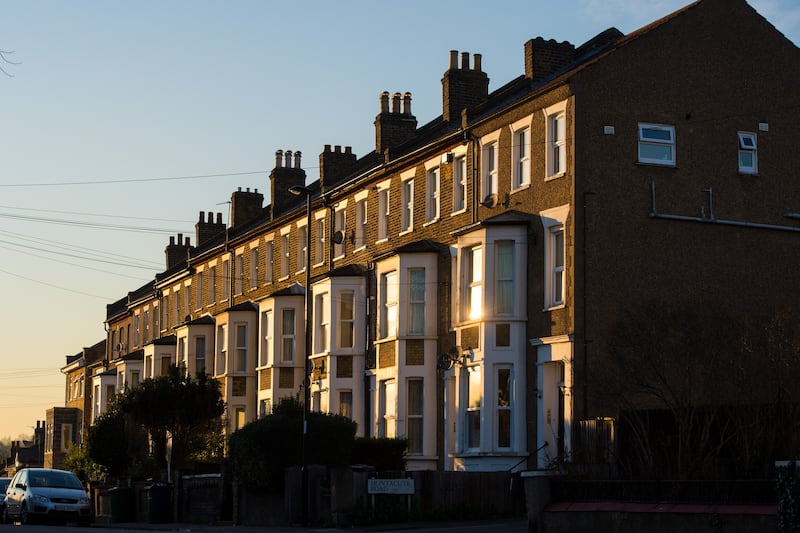AS prices spiral and budgets are squeezed, people across Britain and Northern Ireland are having to think carefully about what they spend on.
Nearly six in 10 (59 per cent) of us have changed the way we shop as living costs have surged, according to new research.
Price tracking and comparison website PriceRunner surveyed of more than 2,100 people across the UK in June, to find out just how much rising prices are affecting the nation's shopping habits.
Of those whose shopping habits have changed, around seven in 10 (69 per cent) say they've avoided buying certain items which are more expensive. Meanwhile, six in 10 (60 per cent) say they try to buy as many discounted products as possible, while 57 per cent have cut back on food.
In fact, there are several products people say they've bought less of due to the rising cost of living. Shoes and clothes were found to be the biggest cutback, followed by beauty products, with home decoration products rounding off the top three.
Others say they've also cut back spending on hobbies, gadgets, perfume and furniture, with a smaller proportion reducing spending on children's toys. Some people even say they've cut back on medicines, according to the research.
PriceRunner also analysed how some prices had changed between January and June, using its own data on thousands of products. It found the average price of shoes increased by 3 per cent during this period. Women's clothing prices increased by 5 per cent and men's by 3 per cent.
Fragrances increased by 8 per cent in price on average - but cosmetics overall decreased on average by 3 per cent.
While we've often been trying to buy less, there are some cases where surging living costs have been pushing people to buy more items.
Some people surveyed say they've bought more books or children's toys, for example, to keep families entertained at home. Some have also stocked up on more food and alcohol at home.
"Many have likely been spending more time cooking at home rather than eating out, in order to save money," notes Christine Gouldthorp, a consumer expert at PriceRunner.
Overall, nearly a quarter (23 per cent) of those surveyed say rising energy bills have affected them a lot. More than half (51 per cent) have tried to reduce their electricity use, while 41 per cent have used less gas, and more than a third (37 per cent) have used less petrol.
Looking ahead, further cutbacks may need to be made, as three in 10 people surveyed are very worried about the impact of global issues on their personal finances in future.
It comes as a new report from the TUC said workers in the UK are set for the worst "real wage squeeze" among leading economic nations.
The union said its research suggested real wages in the UK are forecast to shrink by 6.2 per cent, or £1,750, over the next two years, the highest figure of any G7 economy.
Pay growth will bounce back faster in other countries, with UK workers suffering the longest and harshest pay squeeze in modern history, said the union organisation.
A previous analysis by the TUC indicated that workers lost nearly £20,000 in real earnings between 2008 and 2021 as a result of pay not keeping pace with inflation.
Years of wage stagnation have left families "brutally exposed" to the cost-of-living crisis, said its report.
The TUC said the top priority for the next Prime Minister should be to get wages rising across the economy, adding that Boris Johnson and former Chancellor Rishi Sunak committed on 20 separate occasions over the past year to a create a "high-wage economy".
TUC General Secretary Frances O'Grady said: "Making ends meet shouldn't be a battle, but UK workers are suffering the worst pay squeeze in the G7 and the longest in modern history.
"Having repeatedly promised a high-wage economy, the Conservatives have consigned Britain to the bottom of the league for pay growth.
"Years of standstill wages have left households brutally exposed to this cost-of-living crisis.
"The number one priority for Tory leadership candidates should be to get pay rising across the economy.
"This is the best way to give people long-term financial security and to stop families from lurching from crisis to crisis."








